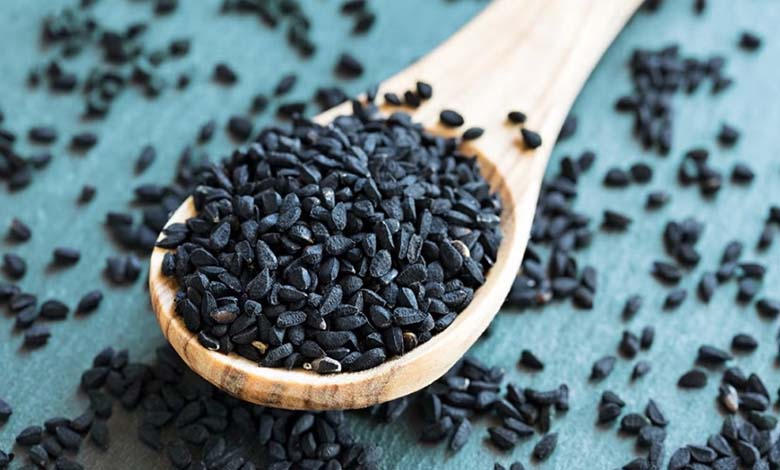A Daily Spoon of Black Seed Can Lower Cholesterol Within Weeks

Black seed, also known as nigella or black cumin, has been used for centuries in traditional Middle Eastern, Asian, and Mediterranean medicine. Its seeds are valued for their antioxidant and anti-inflammatory properties, and modern research increasingly supports their role in promoting cardiovascular health. One of the most studied benefits is the potential of daily consumption, usually one teaspoon of ground seeds or black seed oil, to lower cholesterol levels within a few weeks.
-
Cinnamon and Honey: A Natural Remedy to Alleviate Cold Symptoms
-
Olive Oil: A Fountain of Youth or Just a Healthy Fat?
Clinical studies have shown that regular intake of black seed can reduce total cholesterol, LDL cholesterol, and triglycerides, while sometimes slightly increasing HDL cholesterol. These improvements typically appear after four to eight weeks of consistent use. Researchers attribute these effects to active compounds such as thymoquinone, essential fatty acids, and various antioxidants that help protect the cardiovascular system.
The reduction in cholesterol can be explained through several mechanisms. Thymoquinone may reduce inflammation, a key component in plaque formation within the arteries. The fatty acids present in black seed support the removal of excess lipids, while antioxidants help protect cells from free radical damage that weakens arterial walls. Black seed may also enhance insulin sensitivity, contributing to better metabolic balance and reducing the risks associated with metabolic disorders.
-
Excessive Cinnamon Consumption: An Overlooked Risk for Liver Health
-
Is It Recommended to Consume Turmeric and Honey Together? A Beneficial Combination or Not?
Incorporating a daily teaspoon of black seed into one’s routine is simple and adaptable. Ground seeds can be mixed with honey, yogurt, or warm water, while black seed oil can be taken in small, recommended amounts. Consistency is crucial for noticeable results, as is maintaining a healthy lifestyle that includes balanced nutrition and moderate physical activity.
Although black seed is generally well tolerated, certain individuals should exercise caution, especially those with digestive issues, low blood pressure, or those taking specific medications. It is advisable to consult a healthcare professional in cases of chronic illness or ongoing medical treatments. Black seed should not be viewed as a substitute for prescribed medication but rather as a natural complement to support cardiovascular health.
Today, the convergence of tradition and scientific research gives black seed a growing significance in the prevention of cardiovascular diseases. When used regularly and responsibly, it may offer a natural means to reduce cholesterol, support metabolic stability, and enhance overall wellbeing.












